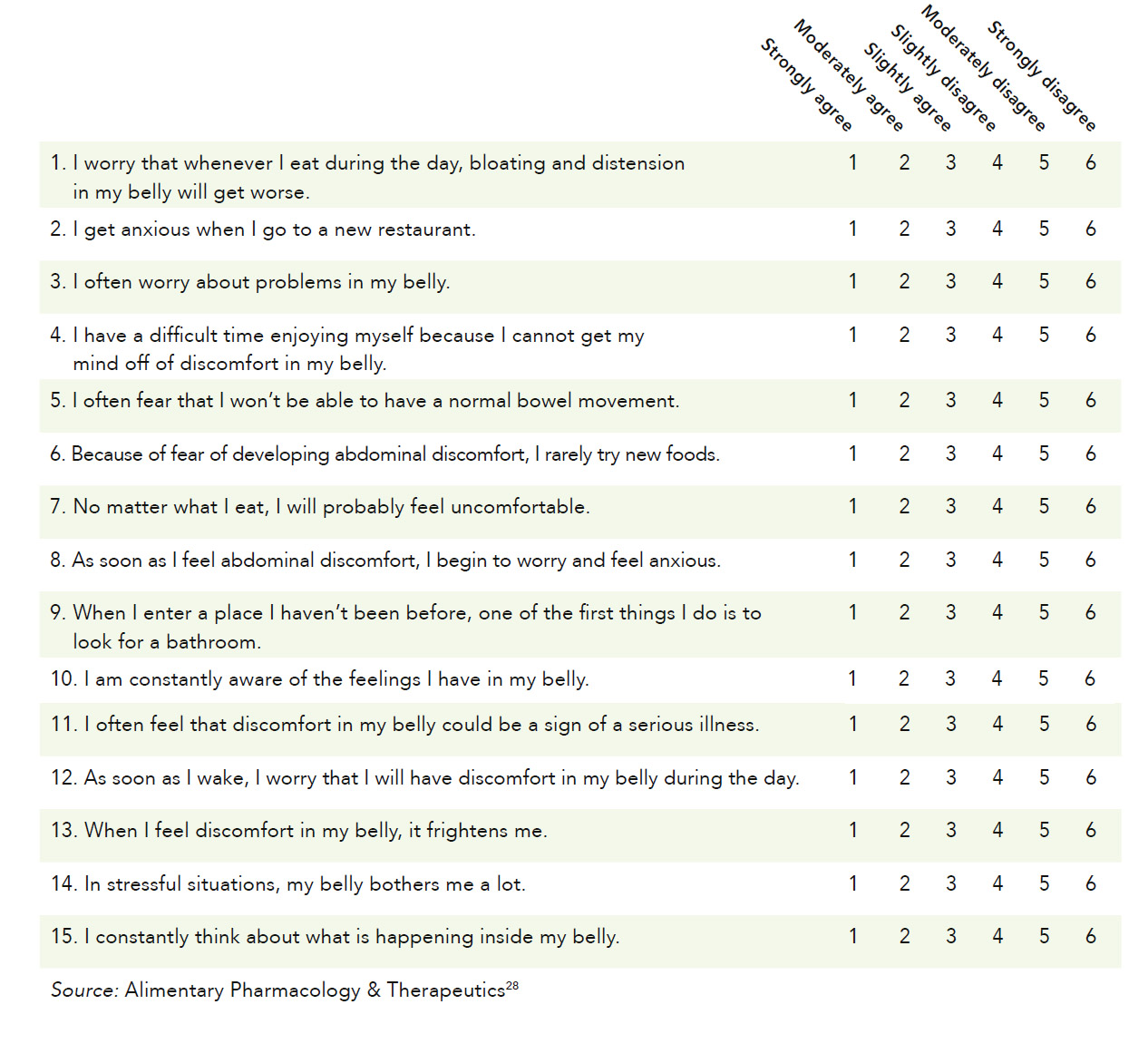Love Your Gut is finally here! Written by Dr. Megan Rossi, AKA the Gut Health Doctor, Love Your Gut is a one stop shop for supporting your immunity, nourishing your microbiome, and fueling your metabolism. In fact, the book doesn’t just include 11 interactive assessments to gauge your gut health, but it also includes 50 plant-forward recipes, extensive analysis of common problems, and guidance on how to create your own personal action plan!
Check out the assessment below for a preview of what you’ll find in the book. And be sure to head to Instagram to enter our giveaway in partnership with Workman Publishing! One lucky winner will receive a copy of the book and an exclusive bonus booklet on improving your immune system! The giveaway closes March 5. Love Your Gut is available now wherever books are sold!
***
Common Complaints and How to Manage Them
Whether it’s an occasional inconvenience or a debilitating daily occurrence, no one should have to put up with ongoing gut distress. Unfortunately, many do—in fact, a national survey found that nearly two out of three people in the US are burdened by gut symptoms. So, what do most do when faced with this type of burden? Check in with Dr. Google, of course! Whether it’s the convenience factor, the potential for embarrassment, or the intimidating thought of a complex array of investigations and medication, many avoid heading to their doctor—I totally get it.

But you don’t need to turn to the internet anymore. Instead, I want to welcome you to this safe, evidence-based space where we’ll address the most common gut complaints and discuss practical strategies to help you deal with them. This chapter is certainly not designed to replace your doctor or dietitian, but it will point you in the right direction of what you need to do to shake those bothersome symptoms, from simple home solutions to knowing when to visit relevant healthcare professionals.
The strategies covered in this chapter are grounded in evidence from quality trials, observational studies, expert consensus, and sound understanding of how the gut works. Throughout this chapter, I’ve prioritized the top-quality trials when providing advice. Where there aren’t any, I’ve suggested strategies that, although they don’t have a wealth of research to back them up, are safe and have worked for many of my patients. There’s that motto again: Let’s work with what we’ve got!

Before you start testing out the strategies outlined in this chapter it’s a good idea to complete the Gut Feelings assessment on page 21, so that you have an objective record of your symptoms. For each of the diet strategies, unless otherwise specified, I recommend that you follow the advice for around four weeks. At the end of the four weeks, repeat the same symptom assessment. This will give you an objective idea about whether the intervention worked for you. If there’s no improvement, go back to your usual diet and, after a few weeks, reassess your symptoms and move on to the next strategy. Reassessing the changes in your symptoms once you’ve returned to your normal diet, although it sounds a bit cumbersome, is actually rather valuable in confirming whether it has worked. If your symptoms do improve, this chapter will also look at how to embed the changes into your everyday life without them becoming a burden or placing you at risk of nutritional inadequacies.
Assessment: GUT-BRAIN ASSESSMENT
I love this tool, because it helps gauge whether centrally targeted strategies, that is, those that target the messages traveling from your brain to your gut (the gut-brain axis), are going to be important in your management plan. Only complete this assessment if you selected at least three moderate gut symptoms in the Gut Feelings assessment on page 21.
The following statements describe how some of us respond to symptoms in our gut. Answer how strongly you agree or disagree with each of these statements, as they relate to you. These answers are to help personalize the way you manage your gut symptoms, so try to answer as accurately and honestly as you can.


If your score is toward the lower end of this scale, psychological factors, including certain forms of stress, as well as gut-specific anxiety, are likely to be playing a role in maintaining and even exacerbating your gut symptoms. This is not to say that your symptoms are all in your head (I hate it when I hear that, because it shows the depth of people’s misunderstanding); what it is suggesting is that the signals going from your brain to your gut are out of whack, triggering your symptoms, at least to some degree. With this in mind, if your score is below 60, I recommend that you also include strategies that target your central nervous system (your brain) in your Gut-Health Action Plan on page 210. We’ll discuss this in chapter 6.
***



